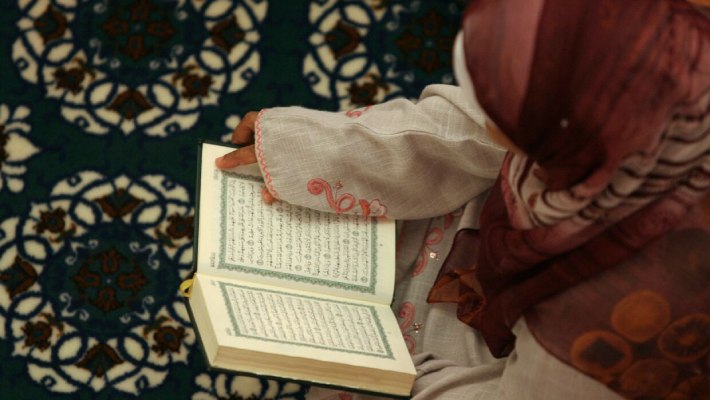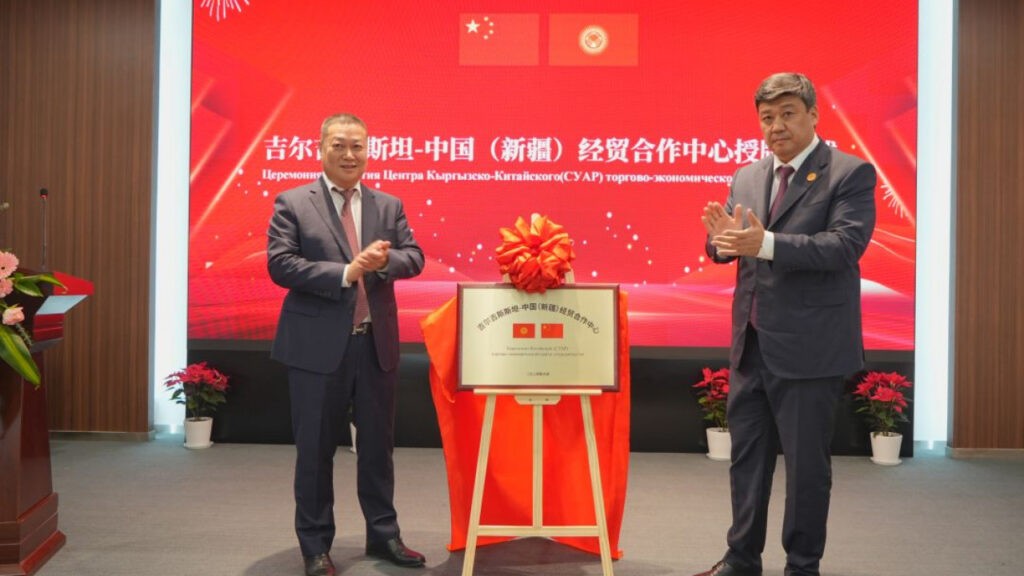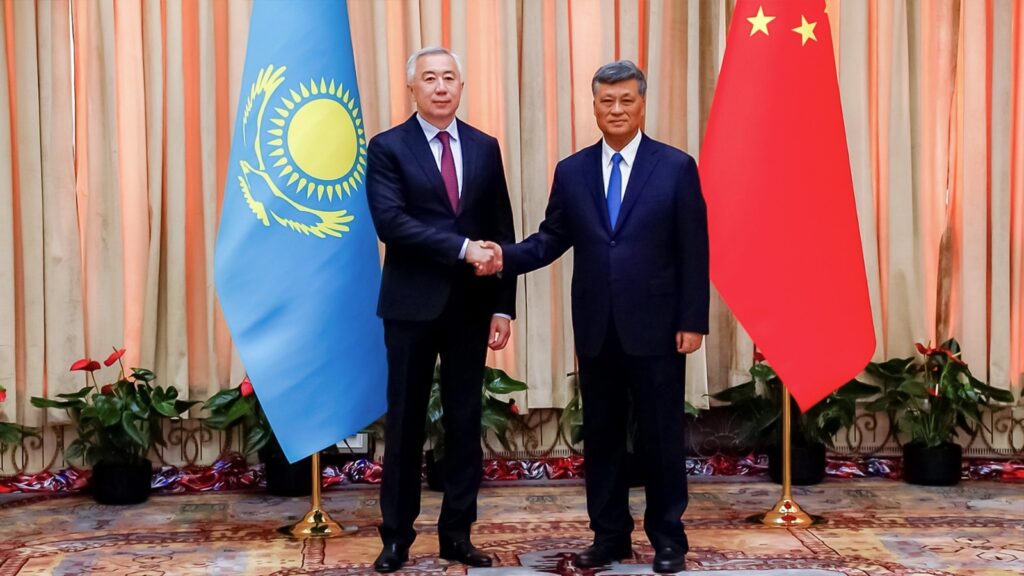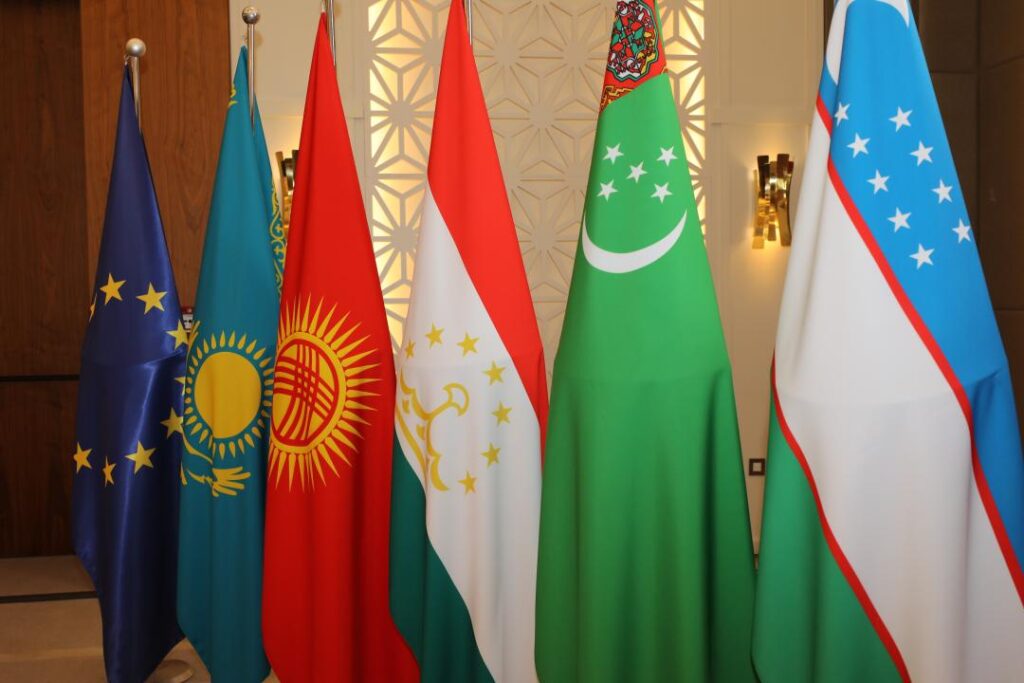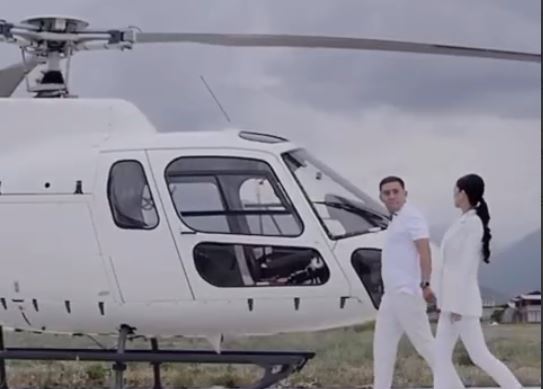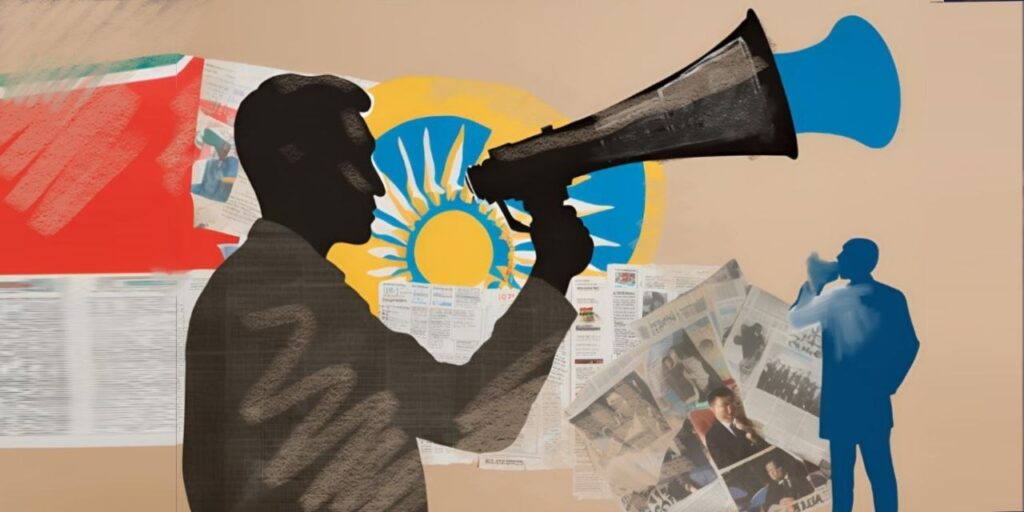On June 19, President Tokayev signed amendments to the law governing Kazakhstan’s mass media. Meanwhile, public debate on foreign and domestic media that allegedly receive financing from abroad continues. While human rights activists focus on the principle of freedom of speech, political analysts are concerned about a string of disinformation campaigns attempting to destabilizing the country.
The respective changes to legislative acts affect a wide range of issues. In particular, a new and broader concept of mass media has been introduced which includes internet resources. It is envisaged that a Unified Media Platform will be created to implement the state’s information policy, including grants for non-state media and accreditation of journalists to state bodies and organizations through a simplified accreditation procedure. In addition, the statute of limitations for claims brought against the media to refute information that does not correspond to facts and defames honor, dignity, and business reputation has been reduced to one year.
Under the new law, Kazakhstan’s Ministry of Foreign Affairs has the right to deny accreditation to foreign journalists “in case of a threat to the national security of the Republic of Kazakhstan.” A few months ago, the Ministry did not issue accreditation to 36 correspondents from Azattyk. The publication subsequently filed a lawsuit, and in April, the media outlet and the Ministry reached a mediation agreement.
While the new law focuses mainly on foreign funded domestic media, experts cite recent examples of pressures on Kazakhstan’s society and authorities through disinformation campaigns that mostly originated from abroad. For instance, a week ago in Kyiv, Ukrainian authorities claimed an assassination attempt was made on Kazakhstani national Aidos Sadykov, the creator of a YouTube channel called Bәse.
Sadykov and his wife Natalya were placed on the wanted list in Kazakhstan in October 2023 for “inciting social, national, clan, racial, class, or religious discord.” Their inclusion on the list is linked to the January 2022 coup attempt and riots, as well as their ties to controversial fugitive billionaire Mukhtar Ablyazov, who currently has judgements against him in U.S. and UK courts exceeding $5 billion.
Ablyazov faced murder charges in Kazakhstan following the death of the CEO of a local bank that he later took over and reportedly defrauded. According to government authorities, Sadykov repeated Ablyazov’s calls for violence surrounding the January 2022 coup attempt as well as the Majilis elections in March 2023, where the channel openly called for organizing riots. Furthermore, on the one-year anniversary of the January 2022 events, his Bәse channel gave instructions to overthrow the government in Kazakhstan, following the example of events in Ukraine. The four-minute video includes information on how to create coordination committees for regime change. Natalya Sadykova has also worked for the Respublika newspaper, allegedly funded by Ablyazov. Aidos Sadykov had previously served two years in Kazakhstan for hooliganism and fled to Kyiv in 2014.
The alleged perpetrators of the attack on Sadykov, Meiram Karataev and Altai Zhakanbaev, are Kazakhstani citizens. Shortly after the purported assassination attempt, Natalya Sadykova accused Kazakhstan’s authorities of “ordering” her husband’s attempted “murder” although there has been no evidence presented to back her claims. Kazakhstan’s President Tokayev, in turn, has instructed his country’s diplomats and law enforcement officials to send inquiries to Kyiv about the case and said Kazakhstani government agencies were ready to “join the investigation to assist in uncovering the truth.” Some political analysts see the information campaign following the incident based on unverified allegations as an example of the media apparatus being used to exert pressure on Kazakhstan.
Understanding the media’s role in provoking conflict
According to political scientist Daniyar Ashimbayev, foreign media often actively promote their agenda in Kazakhstan, as do some of the domestic outlets that receive funding from unidentified sources. One of the most recent cases of this phenomenon, according to Ashimbayev, is the campaign launched against Kazakhstan’s authorities in connection with the alleged attempt on Aidos Sadykov’s life.
The purported assassination attempt in Kyiv aligns seamlessly with the policy of the Ukrainian authorities and their Western allies on Kazakhstan. The West quickly realized that while Astana would adhere to international sanctions and appeared to be attempting to “edge away from Russia without provoking its more powerful neighbor,” it would not wholeheartedly join the anti-Russian coalition and break economic ties with its strategic ally, according to Ashimbayev.
Thus, he argues, to sow discord between the two countries, outside actors first launched a campaign aimed at fomenting inter-ethnic conflict in Kazakhstan. This works in various ways, including identifying potential Ukraine sympathizers and mobilizing them to fight the “Russian threat.” Next, the Ukrainian authorities, as ordered by their allies, gave refuge to and provided a base for a group of so-called Kazakhstani “oppositionists,” who are actually well-known professional “provocateurs” and “blackmailers”, the political scientist explains.
These undertakings have clearly failed to significantly change Kazakhstan’s neutral position. The country continues to comply with sanctions against Russia while pursuing a course of economic cooperation with Moscow. This may explain why on the day after the Sadykov incident and without presenting any credible evidence, a trough of foreign media outlets and bloggers have once again targeted the Kazakhstani authorities, this time accusing them of “ordering” the YouTuber’s killing. The liberal-nationalist net inside Kazakhstan immediately picked up this massive wave. A marginal figure who has no effect on events in his homeland, Aidos Sadykov is unknown to many Kazakhs (and even less so to the rest of the world), yet the alleged assassination attempt has been presented as something akin to the death of famous Russian opposition figure Alexei Navalny.
As such, this latest situation is likely being used to put pressure on President Tokayev and his government, setting them up for a Western rebuke and shaping public opinion as part of another wave of attempts to destabilize Kazakhstan from the inside. Sadykov’s situation can be molded into a bargaining chip with Astana. The campaign targets the current democratic regime in Kazakhstan and the new government’s priorities, including the rule of law, expansion of rights and protections, increased openness, and a multi-vector foreign policy.
In the past few years, President Tokayev has been pursuing a course on neutrality, stability, consolidation of society, and protection of Kazakhstan’s interests abroad. These goals clearly do not align with those of his domestic and international opponents. According to Ashimbayev, certain media outlets “are doing their best to provoke inter-ethnic tension, ‘standing up’ for religious extremists, replicating the theme of ‘persecution and torture’ against ‘peaceful activists,’ and pumping up [these] issues. One should realize that there is no whiff of ‘democracy’ or ‘human rights’ [in their claims]. We are talking about hostile propaganda and provocations carried out in the interests of specific foreign countries”.
Still room for improvement
Some human rights activists, however, have argued that the new law can be used to tighten state control over the media. Gulmira Birzhanova, a lawyer at the Legal Media Center Public Foundation, is among those who believe the new norms can still be abused. “We can say that [the new legislation] does not differ much from the current law. I can’t say there will be any deterioration for journalists, but, at the same time, it won’t be better either,” she said. “There have been changes to the article on the accreditation of foreign media; it has been expanded, grounds have been added, and, in my opinion, it can now be abused.”
According to Birzhanova, the new law’s clause on the observance of “morality” is particularly problematic because the term has more than one definition. “They have included monitoring for violating moral, family, and cultural values. What we are saying is that this is not a legal concept. Who will determine what morality is, what cultural values are, and so on? Nevertheless, this has been included, and the Ministry says, ‘Don’t worry, we won’t impose any sanctions, we’ll just issue warnings.’ In our country, when such norms are adopted, they can easily transform into stricter forms of control.”


